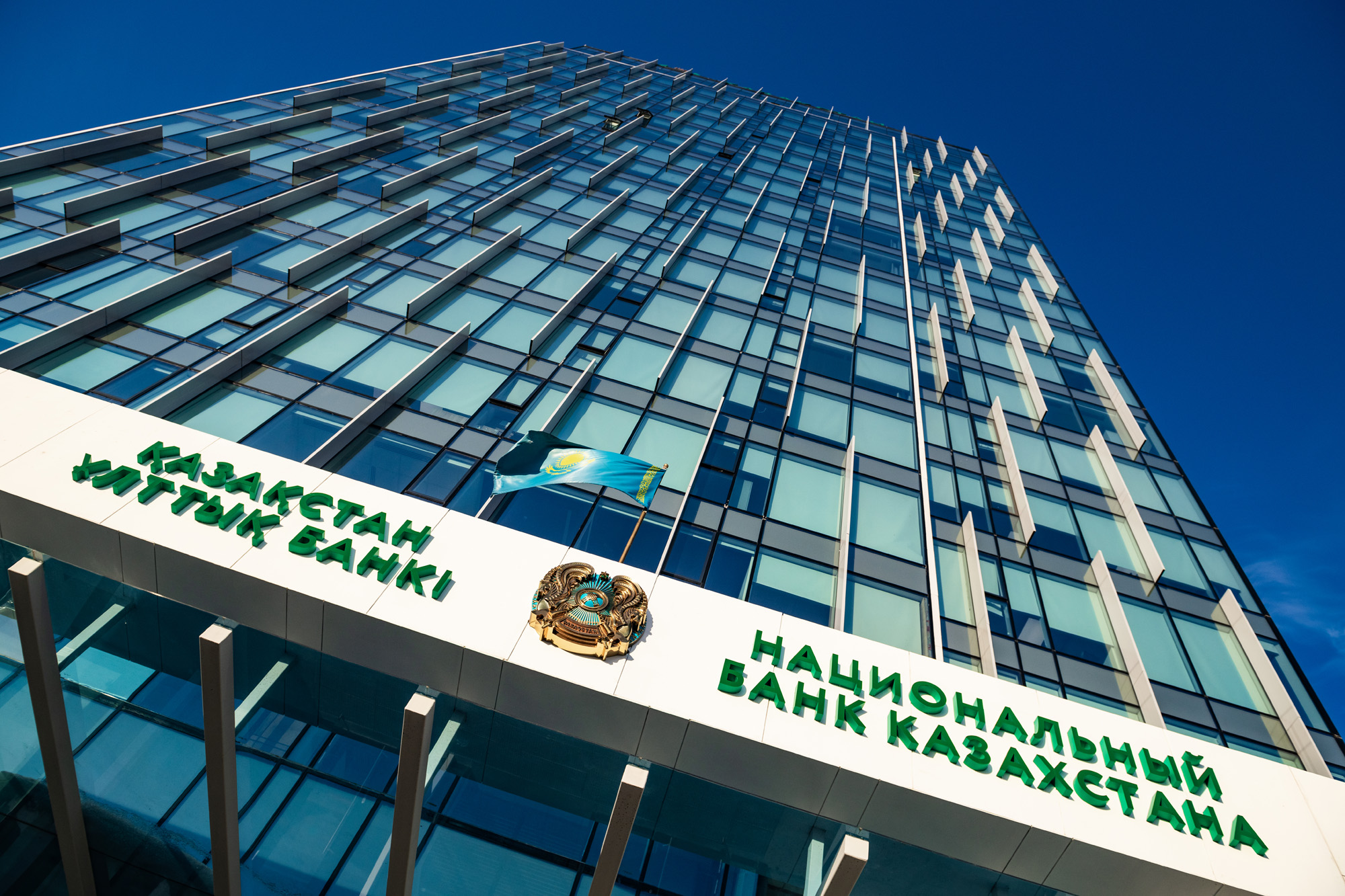ASTANA – Annual inflation slightly decreased in November to 8.4%, but it remains well above the National Bank’s target of 5%, said Chairman of the National Bank Timur Suleimenov at a Dec. 5 plenary session of Kazakhstan’s Senate.

The National Bank of Kazakhstan. Photo credit: exk.kz.
“As of November, inflation in paid services, at 13.3%, continues to be the main contributor to overall inflation. This is related to the Tariff for Investment program and the rising costs of certain market services,” he said.
The International Monetary Fund’s October forecast expects global economic growth to reach 3.2% in 2024 and 2025. In Kazakhstan, economic growth continues to show a positive trend. The gross domestic product (GDP) for the first nine months of this year grew by 4.1%, with growth observed across all sectors.
“Inflation dynamics this year are in line with our forecast. This is a result of the moderately tight monetary policy of the bank and anti-inflation measures taken by the government. For 2024, we expect inflation to range between 8% and 9%,” said Suleimenov.
He noted significant inflation risks from both external and internal factors.
External risks include geopolitical instability, high volatility in financial and commodity markets, and uncertainty regarding the policies of the new U.S. President, particularly in tariff policy and the development of the oil industry.
Suleimenov also emphasized the importance of closely monitoring actions by the U.S. Federal Reserve.
“The worsening geopolitical situation, including additional sanctions against Russia, has increased volatility in currency and financial markets,” he said.
Internally, risks stem from ongoing reforms in regulated prices, high consumer demand, and rising inflation expectations.
“Among the internal pro-inflationary factors, I would especially highlight transfers from the National Fund. The budget continues to rely heavily on these transfers, resulting in a high non-oil deficit. This year, direct transfers from the National Fund will comprise 5.6 trillion tenge (US$10.9 billion), with total withdrawals exceeding six trillion tenge (US$11.7 billion),” he said.
Suleimenov also noted the recent weakening of the tenge against the U.S. dollar, which he called an additional pro-inflationary factor influencing inflation expectations.
He stressed that inflation is critical to citizens’ purchasing power and economic stability.
“High and unstable inflation leads to the devaluation of savings and incomes, prompting individuals to shift to foreign currency assets. For businesses, this creates difficulties in long-term planning, reduces investment motivation, and slows economic growth. Therefore, fighting inflation and stabilizing it remain priorities in our economic policy,” said Suleimenov.
